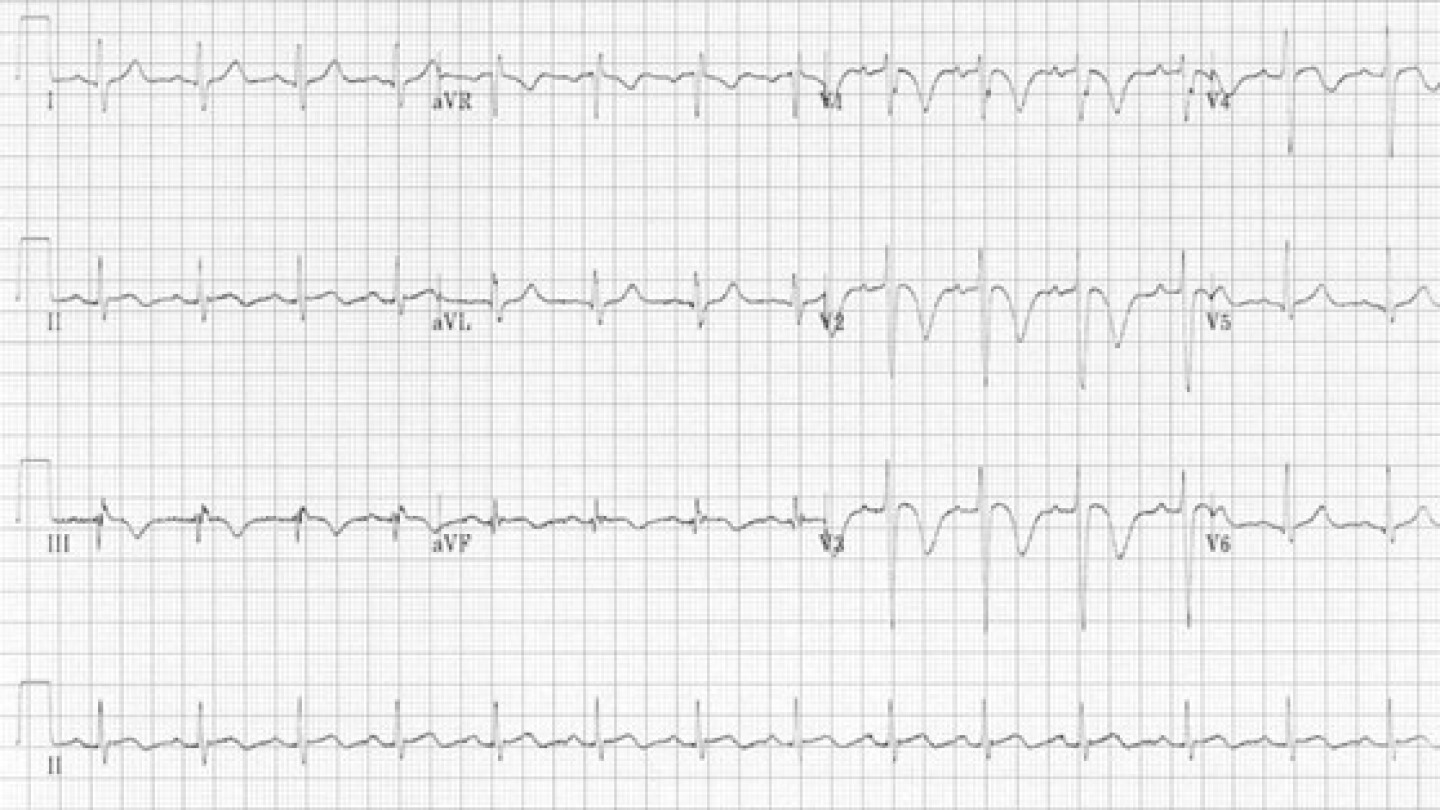Monitor defibrillator
POCUS, ECG and assessment findings to look for to avoid the RV spiral of death
5 heartwarming reunions reflecting the profound impact medics have on the patients they save
As an employer, the pressure is on to captivate the workforce and stand out in a competitive job market
The West Allis Fire Department is educating its community and improving OHCA survival rates
Eligible regional activities under AFG are Vehicle Acquisition, Training, Equipment, Wellness and Fitness, and PPE activities
Portland Paramedic Jeff Carrow and EMT Brad Smith responded to the former ambulance director’s cardiac arrest
It’s not your Baby Boomer model – it’s an all-out, high-tech, fully-integrated Millennial model representing the present and future tense of cardiac monitor/defibrillators
Reviewing the pediatric evidence for stay and play or load and go
Learn how advanced cardiac resuscitation techniques lead to increased survival in OOH cardiac arrest
Using the stretcher as a tool in heads-up CPR
Make sure each of your service’s cardiac arrest patients get the best chance of survival by prioritizing high-quality CPR in training and in practice
Deprioritizing epinephrine in the order of interventions
Using the stretcher as a tool in heads-up CPR
The 4 acceptable pauses in CPR
In some cases, our medical monitoring equipment alert is the precursor to a rapidly deteriorating patient who appears normal
As EMS agencies move toward multi-function devices, they are poised to save more than equipment costs. Here are 5 benefits that may surprise you.
Learn more about high-quality, high-performance CPR
Here are the EKG Club’s recommended steps for interpreting cardiac rhythms and 12-lead EKGs
An unconscious patient, with absent or ineffective breathing, may be in sudden cardiac arrest or have overdosed on an opioid; here’s how to assess and treat the patient
EMS can determine when to administer nitroglycerine by utilizing the Lifepak 15 – placing EKG electrodes on the wrists and ankles in anticipation of running a full 12-lead EKG
What’s your assessment and care for a patient who has had two weeks of persistent chest pain?
What’s your assessment and care of an elderly male who is weak, has chest pain and not a reliable historian?
What’s your assessment and care of a 50-year-old male complaining of chest pain?

























